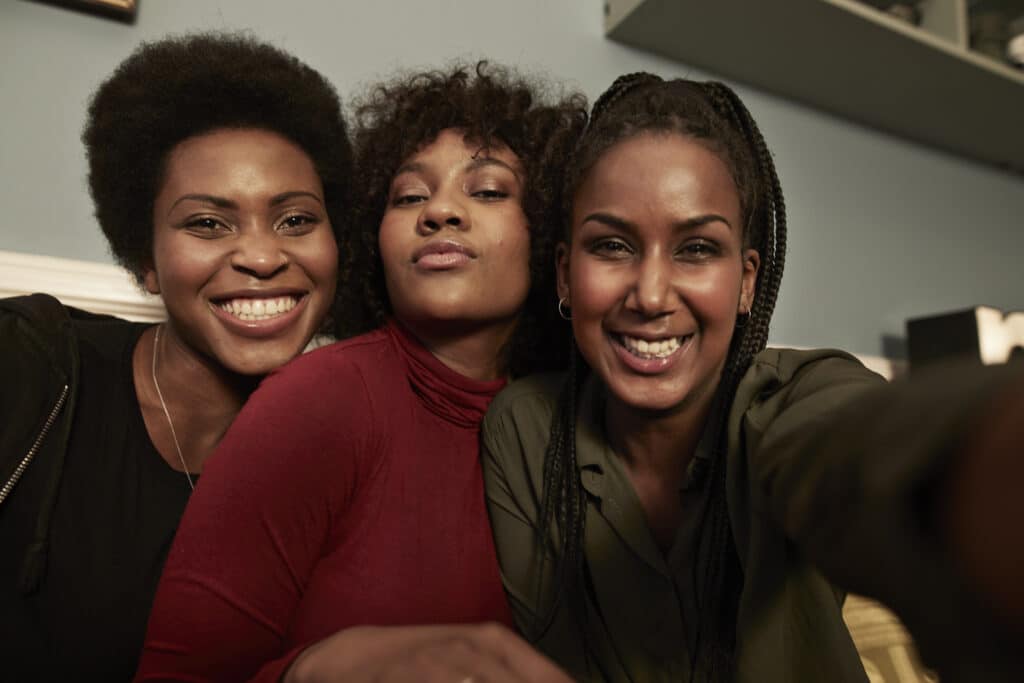
There’s a lack of diversity in clinical trials, especially when it comes to Black women. For decades, they’ve been excluded from potentially life-changing research that could have explored how their unique genetics, physiology, and lived experiences influence their risk for specific medical conditions or their response to treatment.
While Black women aren’t the only population often left out of research, the numerous health disparities they face make their inclusion particularly urgent. But what can be done to encourage more Black women to participate in clinical trials?
To better understand the factors that prevent Black women from participating in research, researchers at the American Cancer Society (ACS) conducted several focus groups with 100,000 Black women. From these conversations, they identified four key themes where meaningful change could help Black women feel more welcomed, respected, and motivated to participate in research.
4 ways to make clinical research more inclusive for Black women
Below are four key changes Black women say would make them more willing to participate in clinical research.
1. More empathy and representation
Many Black women described a lack of empathy from their doctors and other healthcare providers, especially when interacting with White healthcare providers. They felt that their health concerns were often dismissed or disbelieved.
Researchers found that Black women were more likely to participate in research when healthcare providers were empathetic, the research team was diverse, and trusted community members were involved in the process.
“What I’d most like our colleagues in the scientific research and medical domains to take away and use from the focus group study is to treat and remind study participants and partners that what they say and contribute has value and worth,” Laura McCullough, PhD, MSPH, visiting scientific director in ACS Population Science and one of the study’s authors, tells ACS.
2. Deeper community trust and respect
A lack of trust in medical research runs deep for many Black women. It originates from the mistreatment of Black Americans from past abuses like the Tuskegee Syphilis Study and the unauthorized use of Henrietta Lacks’ cells, ultimately shaping how this population views clinical research.
Focus group members stated that if researchers were upfront about their intentions, involved participants in the research process, and provided updates even after the study’s conclusion, they’d be more willing to participate.
Researchers must develop trust at the recruitment stage, which they can do by acknowledging the history of racial discrimination and mistreatment of Black people in research.
“Trust is not given, it’s earned,” Dr. McCullough says. “We forget that we can’t just swoop into communities and expect them to automatically trust us.”
3. Greater transparency and follow-through
Participants also want researchers to clarify how their personal data and biological samples, such as blood or saliva, will be used.
Providing people with a clearer understanding of what is being collected, why it matters, and how their privacy will be protected can help earn the trust and engagement of Black women in clinical research.
4. Increased cultural relevance and accessibility
Black women identified several barriers that hindered their engagement in research. Time commitments, digital literacy challenges, and the lack of accommodations were discouraging to many participants. Several women also felt that researchers didn’t seem to respect or understand their daily responsibilities and schedules.
Addressing these barriers and designing culturally relevant and accessible studies can make all the difference.
The path toward more inclusive research
While change won’t happen overnight, these eye-opening insights can help researchers create more inclusive and impactful science.
“[Scientists are] contending with how to make our clinical trials and observational studies more diverse and representative of US populations,” Dr. Cullough says. “This is a question we all have to solve. Our focus group findings are broadly applicable and may give scientists a head start in studying other chronic diseases that affect Black women.”









